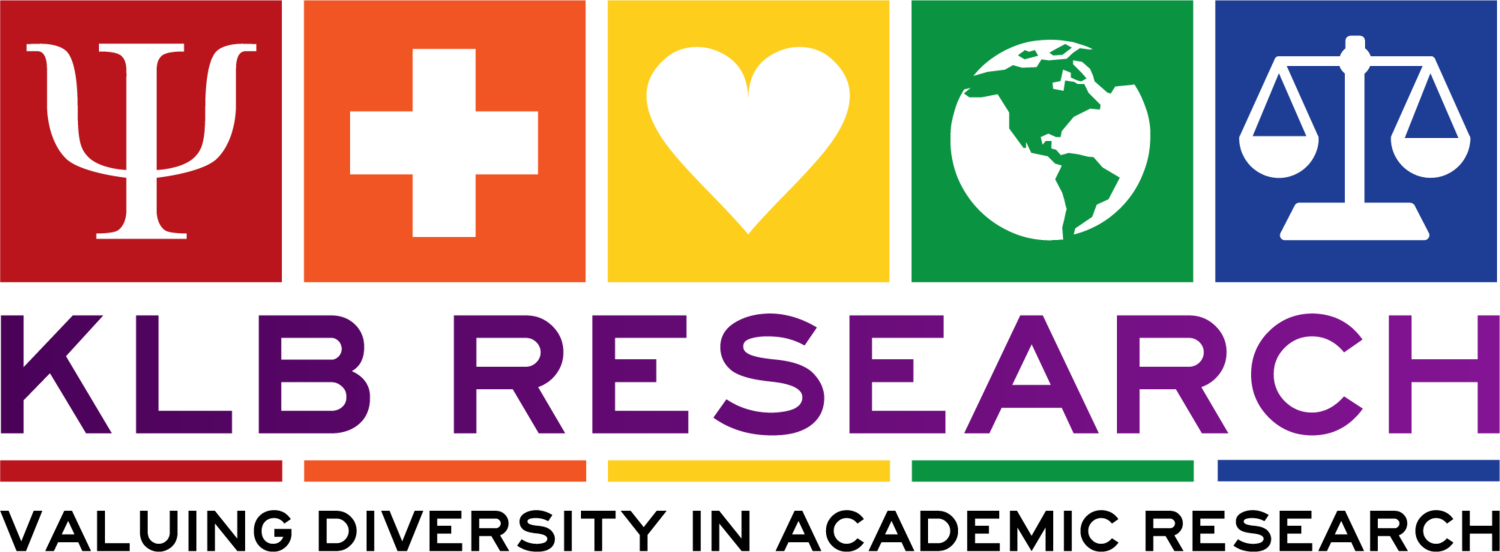If Your Friends & Family Don't Approve of Your Relationship, It Could Be Your Health That Suffers!
In my last post on social support for relationships, we learned that couples who receive social approval of their relationships from their friends and family are more likely to report greater relationship satisfaction and more enduring relationships. One of the key points researchers have made in this area is that it is the perception of support/approval that matters most.
This means that, regardless of the actual level of support your relationship receives from your friends and family, it is your own perception of that support that most strongly influences your relationship and health outcomes. And yes, I did just say relationship AND health oucomes, because research has shown that not only do people in socially-supported relationships (same-sex AND mixed-sex) report greater relationship satisfaction, love, commitment and duration, they also experience fewer mental and physical health problems.
That’s right; if everyone you know disapproves of your relationship and you’ve been suffering from depression, anxiety, increased stress or even more frequent physical ailments, it’s quite possible that these experiences are connected.
While at first it may seem odd that the notion of whether or not your best buddy approves of your relationship should have any relevance on how often you get the common cold, when you think about it more closely, it makes quite a bit of sense. If someone disapproves of my relationship, it puts strain on all of my social relationships, including my relationship with my partner, and my relationship(s) with my disapproving friend(s).
My partner may wonder why my friends don’t like her, or what exactly I’ve told them about her to make them disapprove of our relationship. Have I given my friends the impression that she means less to me than what I have led her to believe? Why else would they not be supportive of our relationship?
As for my disapproving friend, how do I continue to hang out and be friends with someone who doesn’t approve of the most important relationship in my life? (Even in the event that my friend turns out to be right, chances are that in this moment, I’m too in love to be thinking anything other than kittens, rainbows and unicorns about my beloved). All of this social strain and turmoil can weaken one’s ability to fight off the common cold! In fact, one study found that the level of support a person perceived for their relationship at an earlier point in time was able to predict their mental and physical health outcomes up to 2.4 years later.
In the next post we will explore some of the potential things that you can do if you are in a relationship that is meeting with disapproval from your friends and family.
This post is cross-posted on the Science of Relationships Website.
For the Fact Checkers:
Blair, K.L. (2012). Perceived social support for relationships as a predictor of relationship well-being and mental and physical health in same-sex and mixed-sex relationships: A longitudinal investigation. (Doctoral Dissertation). Retrieved from Canadian Theses, http://qspace.library.queensu.ca.proxy.queensu.ca/handle/1974/7220
Blair, K.L. & Holmberg, D. (2008). Perceived social network support and well-being in same-sex versus mixed-sex romantic relationships. Journal of Social and Personal Relationships, 25(5), 769-791.
Felmlee, D. (2001). No couple is an island. A social network perspective on dyadic stability. Social Forces, 79(4), 1259-1287. doi: 10.2307/2786866
Sprecher, S. (2011). The influence of social networks on romantic relationships: Through the lens of the social network. Personal Relationships, 18(4), 630-644. doi: 10.1111/j.1475-6811.2010.01330.x
Sprecher, S. & Felmlee, D. (2000). Romantic partners’ perceptions of social network attributes with the passage of time and relationship transitions. Personal Relationships, 7(4), 325-340. doi: 10.1111/j. 1475-6811.2000.tb00020.x
Follow:
If you enjoyed this post, consider becoming a KLB Research Patron to help support our research and our ability to disseminate our results in accessible and free formats!




